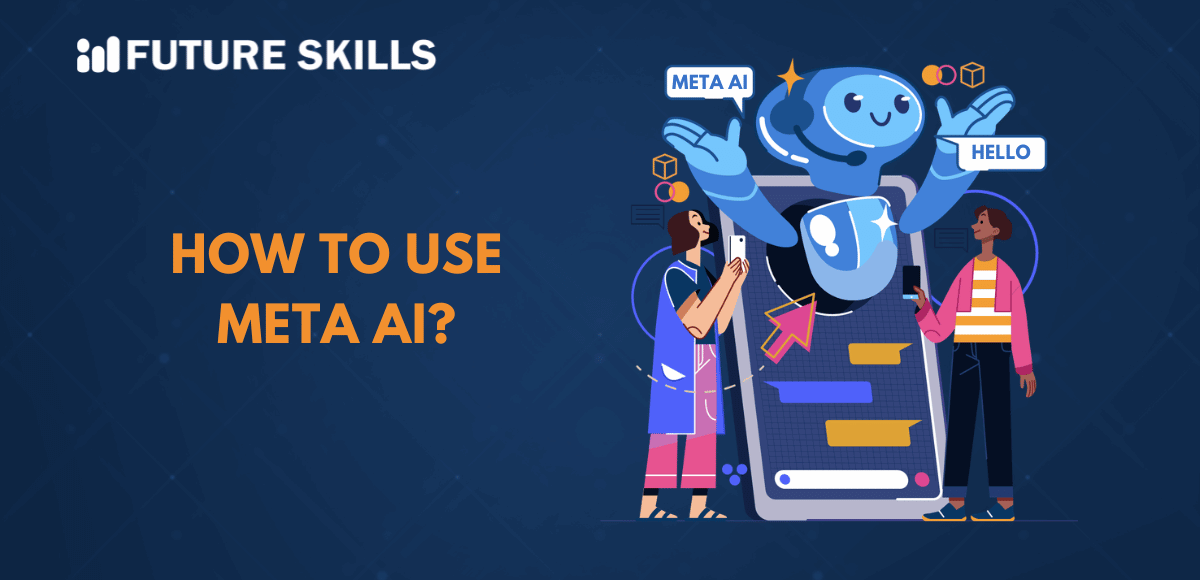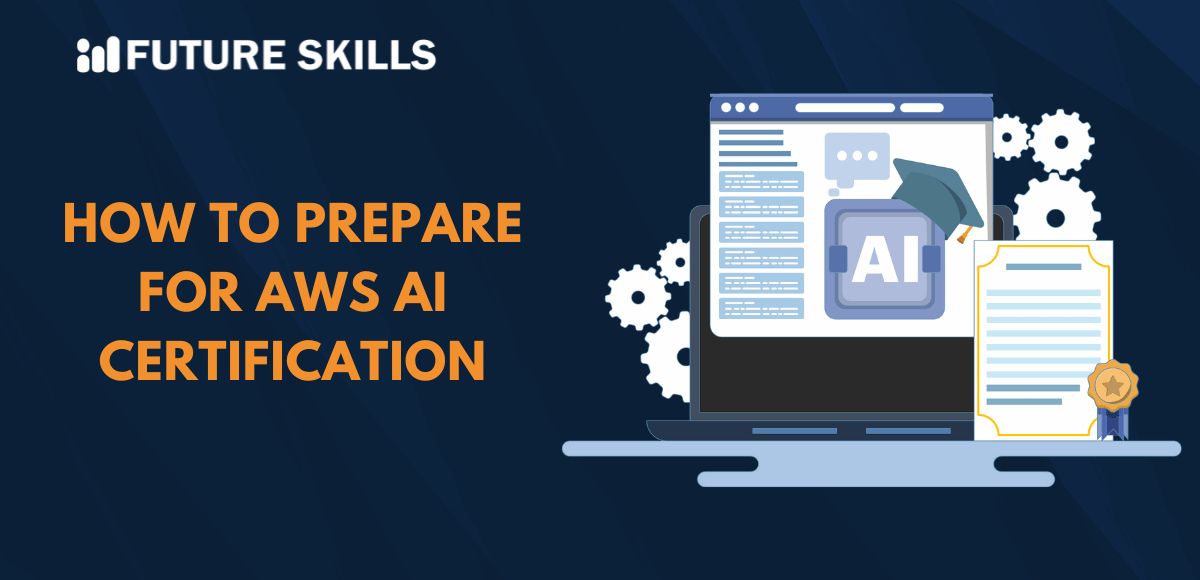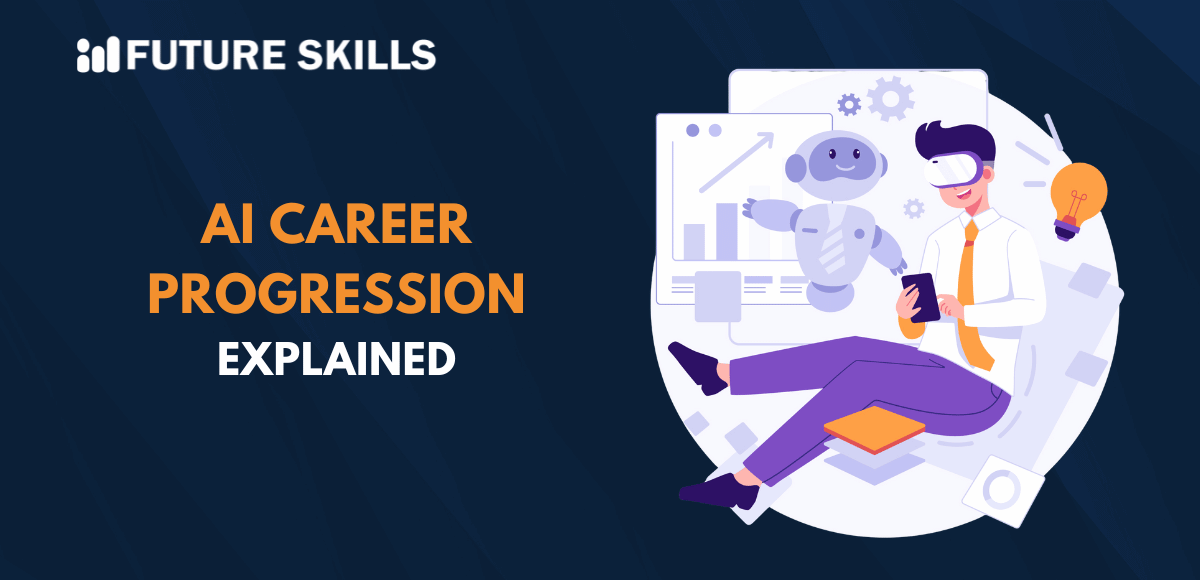Artificial intelligence has opened the door for automation of routine tasks and enables people to focus on creative and strategic tasks. The impact of AI has helped businesses improve productivity in various complex tasks alongside empowering workers to make informed decisions in real-time. You are reading this AI agents guide to discover more insights about one of the most crucial resources that can help businesses make the most of AI. Most people assume that AI agents are the same thing as AI systems and can be used interchangeably. On the contrary, an AI agent is significantly different from an AI system.
“AI systems” refer to a broader term that includes any type of software and hardware setup that can simulate human intelligence. You can have multiple entries among AI systems such as machine learning algorithms, data analytics platforms or complex neural networks. AI agents stand out for their specialization and autonomy because they are tailored to focus on specific goals. Let us learn more details about AI agents and explore the factors underlying their widespread use in the AI ecosystem.
Learn how to use AI in different scenarios with our advanced Certified AI Professional (CAIP)™ Course and become a certified AI expert.
Understanding the Definition of AI Agents
The definition of an AI agent can help you overcome all apprehensions regarding the utility of AI agents for business. You can explore an AI agent marketplace without any worries when you know what you should expect from an AI agent. An AI agent is an autonomous intelligent system that has the capabilities for understanding and responding to user queries while simulating human intelligence. AI agents are autonomous as they use machine learning and natural language processing alongside automated planning and knowledge representation to answer user queries.
You can use AI agents for a wide range of tasks including providing answers to simple questions and solving complex issues. AI agents are also capable of multi-tasking and can also refine their knowledge through continuous improvement. The most striking detail about AI agents is their capability for interacting with the environment, collecting data and using the data to carry out tasks required to achieve desired goals. This unique detail makes AI agents behave rationally as they make decisions on the basis of data and their perceptions to achieve optimal performance.
Discovering the Components in Architecture of AI Agents
The performance of AI agents in various complex tasks and the autonomy associated with AI agents makes them one of the valuable components in AI landscape. You might have some queries about the AI agent architecture that helps in empowering software programs to emulate human intelligence. The following components in the architecture of AI agents can help you understand how they work without human intervention.
-
AI Model
The foremost component in the architecture of AI agents is the AI model. It could be a large language model or a vision-language model, depending on your needs. You can also use large multi-modal models in AI agents. The AI model serves as the core element of the AI agent and its decision-making process. The model is responsible for processing the data collected from sensors and making decisions on the basis of data, followed by taking the relevant actions.
-
Sensors
Sensors are the components in architecture of AI agents that help in collecting data from the environment of the agent. You cannot imagine AI agent frameworks without sensors as they help in accurate perception of the agent’s environment and implementation of relevant actions. Sensors work like the input devices of the AI agent by helping it learn about the surrounding world. A sensor in an AI agent could be anything including cameras, microphones and digital interfaces to databases or websites.
-
Actuators
If sensors provide the inputs to AI agents, actuators serve as the means for output. Actuators help an AI agent take necessary actions to achieve its objectives with the data obtained from sensors. You can find different examples of actuators ranging from components that control devices and applications to speakers and display screens.
Diving Deeper into the Working Mechanism of AI Agents
The working mechanism of AI agents can help you unravel more insights on their effectiveness in the real world. The architecture of AI agents showcases a basic description of their working mechanism which involves collecting data and processing them with an AI model to come up with different outputs. You can explore the answers to queries like ‘what are AI agents’ to understand how simple AI agents can be. The working process of AI agents includes the following three stages with some important tasks in each stage.
-
Task Definition and Planning
The first stage in the working mechanism of AI agents is the definition of the objective or the task that you want to achieve. It helps in providing a clear set of directions to the AI agent on how to accomplish the specified objectives. The task definition can enable the selection of appropriate tools and resources that the agent can use to accomplish its goals. Environmental assessment is also an important priority for understanding the context of the given task and identifying potential obstacles. Another important aspect of the task definition and planning stage is the definition of an ideal strategy to achieve the desired goal.
-
Decision Making
The decision making stage is the most crucial element in the working of AI agents. All the magic of AI agents LLM functionalities happens in this stage which relies mostly on data analysis and action execution. Data analysis focuses on the environmental data as well as past experiences to come up with predictions about future actions. The AI agent would sequentially evaluate the predictions and select the action that could improve the chances of success.
-
Feedback and Continuous Improvement
As compared to traditional AI systems, AI agents can learn continuously and improve their performance. AI agents monitor their performance on different actions and determine whether the actions helped it reach the desired goals. The agents utilize a feedback loop for making adjustments in its strategy and potential actions. In some cases, AI agents can also seek human feedback to resolve extremely difficult tasks. The ability of AI agents to learn continuously from their experiences and monitor the outcomes of their actions improves their knowledge base and decision making capabilities.
Learn about the capabilities and functionalities of different types of AI and expand your understanding of artificial intelligence.
Identifying the Notable Variants of AI Agents
Once you dive into the AI agent ecosystem, you are likely to come across multiple variants with unique applications. Awareness of the different AI agents types is essential for identifying the best AI agent for your specific needs. Let us take a look at the most common variants of AI agents that you can use right now.
-
Reflex Agents
Reflex agents are the simplest category of AI agents that work according to the condition-action principle or ‘if-then’ approach. Such types of agents act directly on immediate perceptions without an internal model of the world. Reflex agents are more useful in scenarios where the next action of the agent depends on their current perception.
-
Model-based Reflex Agents
Model-based reflex agents are special due to the internal model of the world that helps in maintaining track of the different parts of environment which are not immediately understandable. The internal model helps in managing the partially observable environments through inferences on missing information. Model-based reflex agents determine actions on the basis of the internal model and current perception. The most distinctive highlight of model-based reflex agents is the higher adaptability as compared to common reflex agents.
-
Goal-based Agents
Goal-based agents are also common entries among AI agents examples that you might come across in various applications. The unique highlight of goal-based agents is that they can account for the future results of their actions. Goal-based agents have unique goals and take decisions by determining which actions would help them achieve the desired goals. The awareness of desired goals helps such agents make the ideal plan and select relevant actions to achieve desired outcomes.
-
Utility-based Agents
Utility-based agents are also a promising addition among types of AI agents for offering distinctive features. Such types of AI agents use a utility function to evaluate the desirability of different states. The working approach of utility-based agents helps in achieving a specific goal. In addition, utility-based agents also enhance performance on the basis of a specific utility measure. You can rely on this approach in scenarios that have multiple outcomes and possible actions.
Learn the best AI techniques to boost your business with our unique AI for Business Course. Enroll today!
Real-World Examples of AI Agents
You might wonder about the feasibility of AI agents as completely autonomous AI agents seem like a distant reality. Interestingly, you can find many examples of AI agents in the real world, including smart assistants such as Alexa. Robotic financial advisors are another example of AI agents in the domain of financial services.
The robotic advisors can work autonomously to provide automated investment suggestions and portfolio recommendations. Another popular example of an AI agent is an industrial monitoring agent. Industrial monitoring agents use sensor data, equipment log and video feeds to recommend ideal suggestions for repair and maintenance.
Discover the top uses of Artificial Intelligence and understand the significance of AI in our daily lives.
Final Thoughts
The AI agents guide introduced us to some of the most striking details about AI agents and their capabilities. AI agents are different from AI systems as they focus on specific tasks and work to achieve optimal performance on certain objectives. The most unique highlight of AI agents is their ability to perceive or understand the environment around them and take necessary actions. Learn more about AI and AI agents with trusted and comprehensive learning resources to understand them better.







